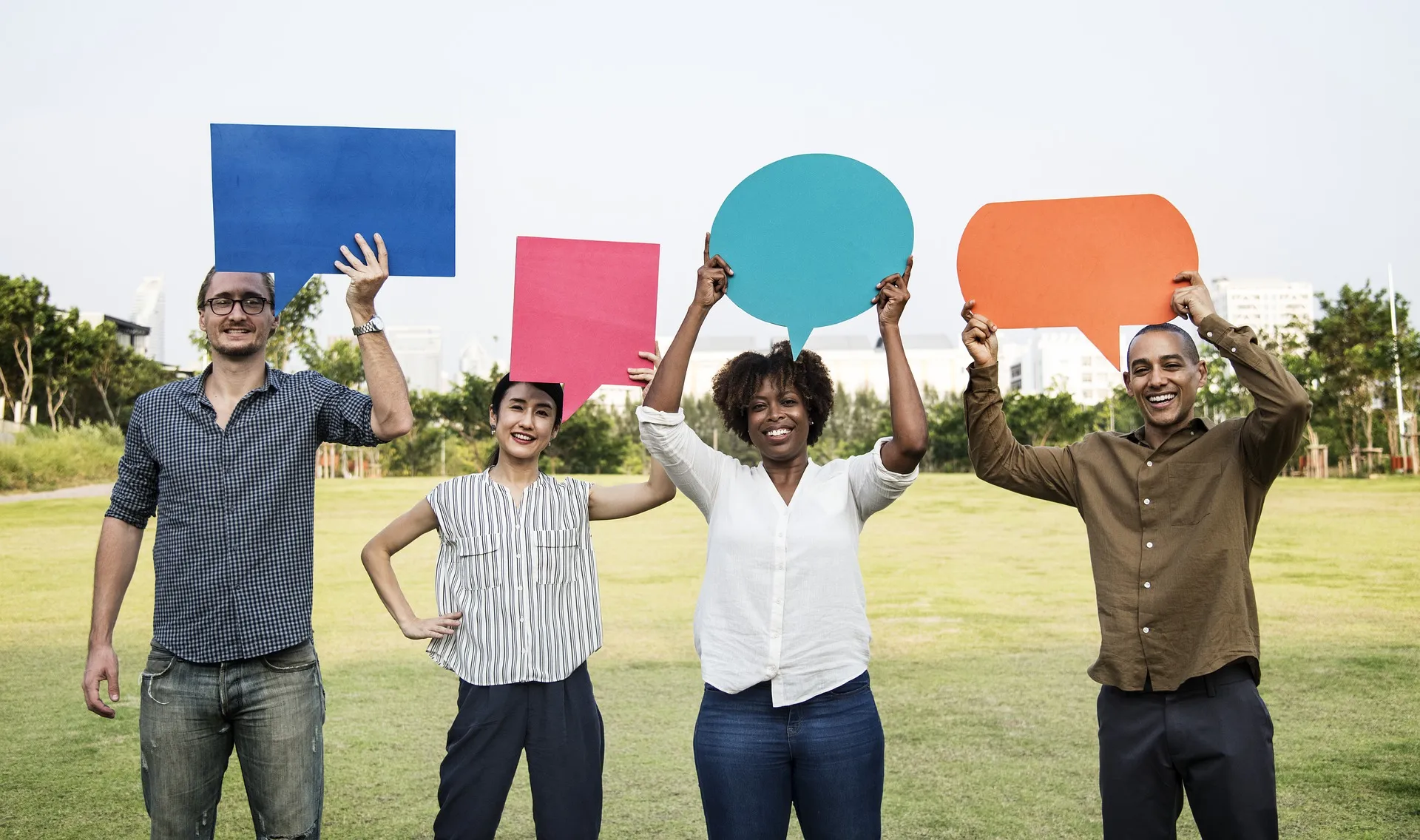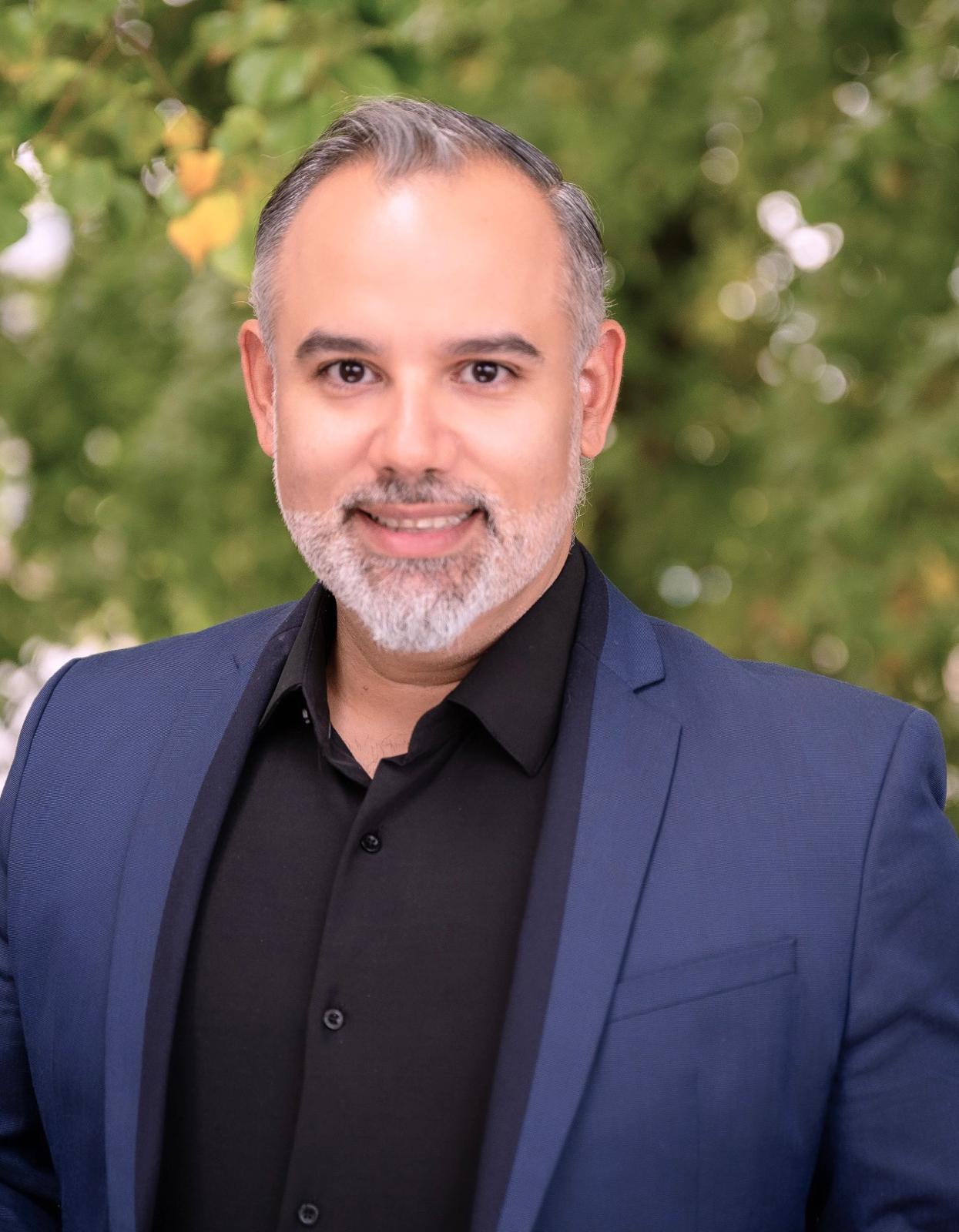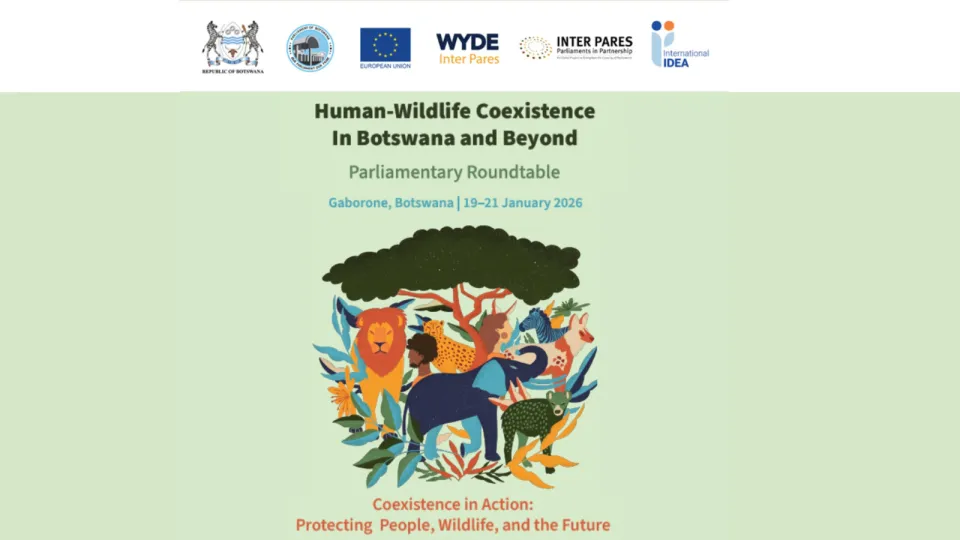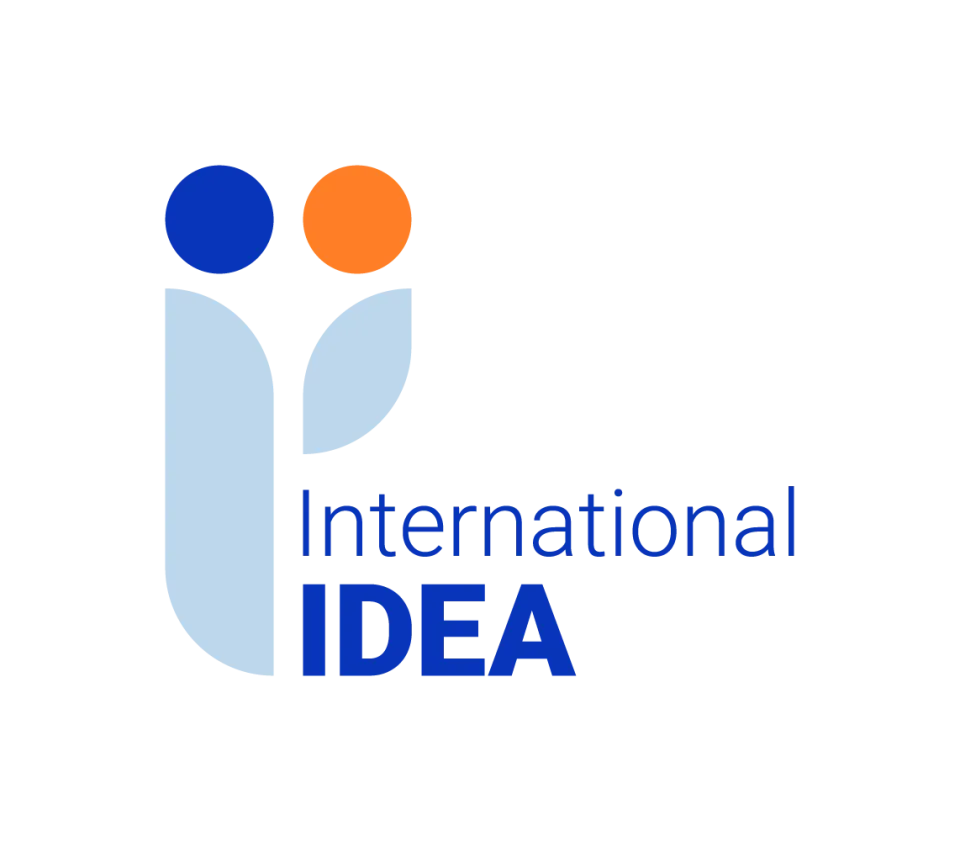Inter-Regional Dialogue for the advancement of democracy, good governance and sustainable development

Global challenges are growing considerably and there is a pressing need for all key actors to get together and coordinate actions that can guarantee that we all tackle issues related to democracy, good governance and sustainable development in the best possible way. We currently have legal and policy frameworks that set the tone around our current reality and inform our aspirations and ambitions to achieve a peaceful, just, inclusive and sustainable world. These frameworks have proven to be instrumental to help us progress in the right direction and to establish milestones towards success.
A key element that in many cases is taken for granted due to the day-to-day pressures to show results and present achievements, is the actual engagement to fruitfully reach consensus and learn from the capacities and experiences of all stakeholders in this race. In all multilateral settings world leaders are highlighting the need to have open lines of communication and engaging dialogues to identify synergies, effective channels of coordination and, most importantly, foster mutual understanding and common purpose.
As Secretary-General of the United Nations Kofi Annan stated, “the United Nations was created in the belief that dialogue can triumph over discord, that diversity is a universal virtue and that the peoples of the world are far more united by their common fate than they are divided by their separate identities.”1 This is ultimately the spirit of all multilateral arrangements, as they seek to bring together the political, social and economic ideologies to the table, with the aim of jointly building through dialogue and consensus improved interactions among states, institutions and individuals.
As highlighted by Scott London in his analysis of the Power of Dialogue, “a dialogue is the process that involve listening with empathy, searching for common ground, exploring new ideas and perspectives, and bringing unexamined assumptions into the open.”2 These elements and actions become more relevant when we talk about issues related to electoral processes, constitution building and political parties and representation, and other crosscutting issues such as the political empowerment of women, the relationship between conflict, democracy and development and peacebuilding. These are areas that require the buy-in and full commitment from a broad range of actors, and the most effective channel (if not the only one) is through dialogue.
Since 2011, International IDEA has been leading the Inter-Regional Dialogue on Democracy (IRDD), which is a programme that was born from the need to articulate the work and strengthen the dialogue among eight of the main regional organizations in the world and the United Nations, to discuss the main issues and trends around the broader themes of democracy and good governance. The partners of the IRDD are the African Union, the Association of Southeast Asian Nations, the Council of Europe, the European Union, the League of Arab States, the Organization of American States, the Pacific Islands Forum, and the South Asian Association for Regional Cooperation; with the active engagement of UN agencies and the Community of Democracies. For the last 8 years, the IRDD has developed strong partnerships with global and regional organizations and have created a body of policy recommendations and knowledge products on the role of global and regional organizations in the advancement of the political empowerment of women; rule of law and constitution building and inclusive political participation, among others.
Since 2017, the IRDD focuses its efforts in gathering the global and regional organizations, as well as other key stakeholders such as civil society organizations, private sector actors, experts, practitioners and citizens in general, working on the advancement of the 2030 Agenda for Sustainable Development, with a special focus on SDG 5 (Gender Equality) and SDG 16 (Peace, Justice and Strong Institutions). The aim is (1) to facilitate a better understanding of key regional challenges and circumstances affecting the quality of democracy and development; (2) exchange best practices and enable the consolidation of common grounds on the efforts being made at the global, regional and local levels around these issues; (3) identify potential channels of collaboration, creating awareness and knowledge to promote complementarity instead of replication; and, (4) and open spaces for multi-stakeholder collaboration.
Throughout 2019, International IDEA has partnered with the Organization of American States (OAS) and the Permanent Secretariat of the Community of Democracies to hold a series of activities around the theme of “Democracy and Peacebuilding in the Framework of SDG 16+, including the Inter-Regional Experts Meeting to be held on 20 June 2019 in Bogotá, Colombia, in the sidelines of the 49th General Assembly of the Organization of American States (OAS), and the 8th High-Level Meeting of the IRDD, to take place in September 2019.




